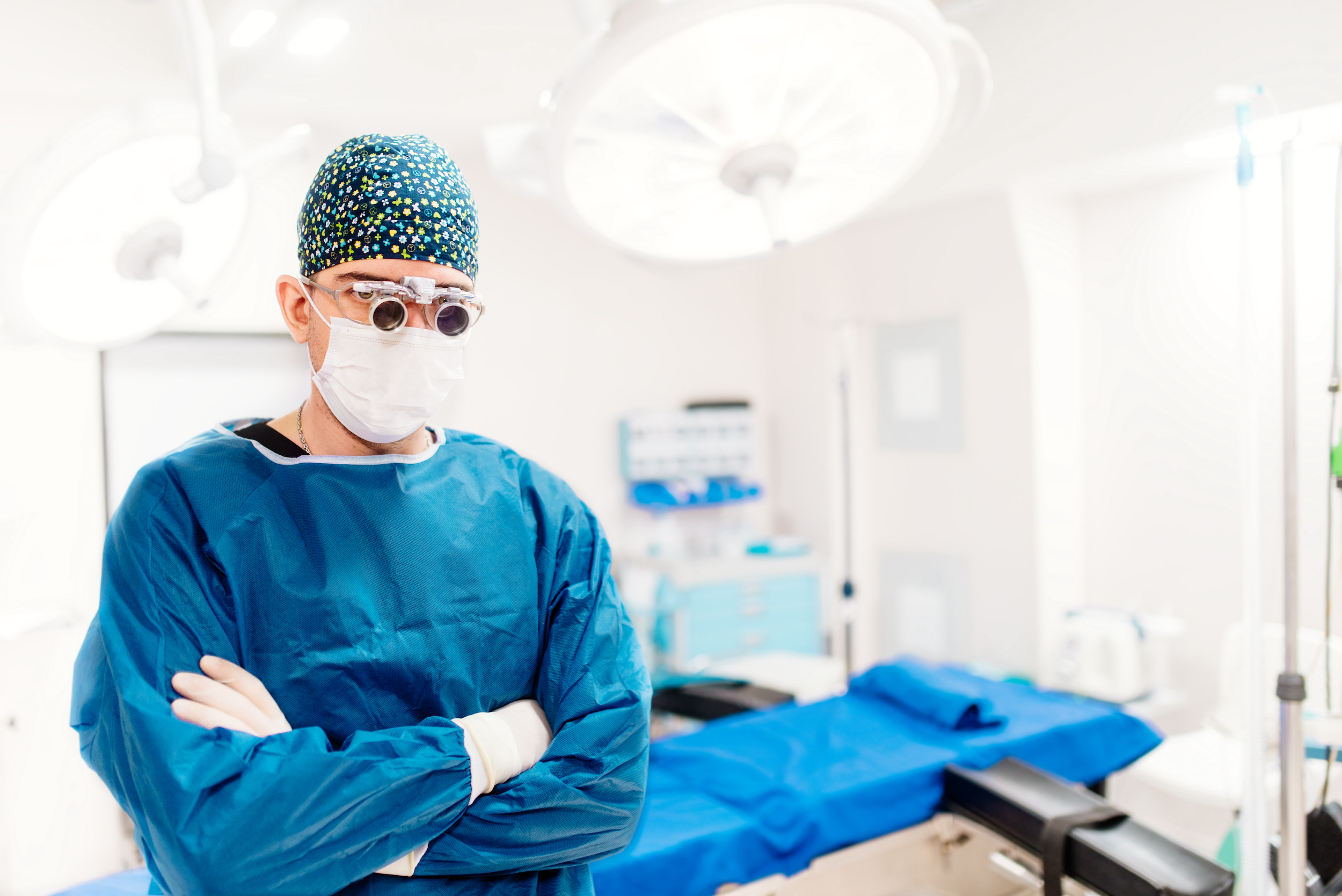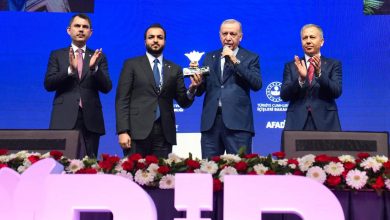فريق طبي ياباني يجري أول عملية زرع خلايا جذعية في النخاع الشوكي
AFP
Tokyo: A Japanese university said Friday it has successfully transplanted stem cells into a patient with a spinal cord injury, in the first clinical trial of its kind.
There is currently no effective treatment for paralysis caused by serious spinal cord injuries, believed to affect more than 100,000 people in Japan alone.
Surgeons at Tokyo’s Keio University want to study whether induced pluripotent stem (iPS) cells can be used to treat the injuries.
iPS cells are created by stimulating mature, already specialised, cells back into a juvenile state.
They can then be prompted to mature into different kinds of cells, with the Keio University study using iPS-derived cells of the neural stem.
The first step in the trial involved implanting more than two million iPS-derived cells into a patient’s spinal cord in an operation last month.
“This is definitely a huge step forward,” Masaya Nakamura, a Keio University professor who heads the research, told reporters.
But there remains “lots of work to be done” before the treatment can be put to use, he added.
The initial stage of the study aims to confirm the safety of the transplant method, the researchers said.
The patient will be monitored by an independent committee for up to three months to decide whether the study can safely continue and others can receive transplants.
The team also hopes to see whether the stem cell implants will improve neurological function and quality of life.
The university received government approval for the trial in 2019, but recruitment was temporarily put on hold because of the Covid-19 pandemic.
Details of the patients remain confidential, but the team is focusing on people who were injured 14-28 days before the operation.
The number of cells implanted was determined after safety experiments in animals, and the researchers cautioned that while they will be monitoring for therapeutic effects, the study’s main goal is to study the safety of injecting the cells.
أ ف ب
طوكيو: أعلنت جامعة يابانية أمس، أنها نجحت في زرع خلايا جذعية بشرية لدى مريض لعلاج إصابة حادة في النخاع الشوكي، وهي المرة الأولى في العالم تُطبَّق فيها هذه التقنية التجديدية على هذه الحالة المرضية المسببة للشلل. وزُرعت للمريض خلايا عصبية وخلايا سَلفية مشتقة من الخلايا الجذعية المستحثة المتعددة القدرات (iPS). وتؤخذ خلايا IPS من الخلايا البالغة، وتعاد برمجتها وراثيًا لتتكاثر في أي جنس من الخلايا، اعتمادًا على مكان زرعها في الجسم. وحازت هذه التقنية جائزة نوبل للطب عام 2012 ومنحت للباحثة اليابانية شينيا ياماناكا. وزرع باحثون في جامعة كيو الشهر الفائت في طوكيو مليونين من هذه الخلايا لأول مريض، بعدما أجريت تجارب سريرية على حيوانات صغيرة للتحقق من أن هذه الكمية لا تؤثر على السلامة.




